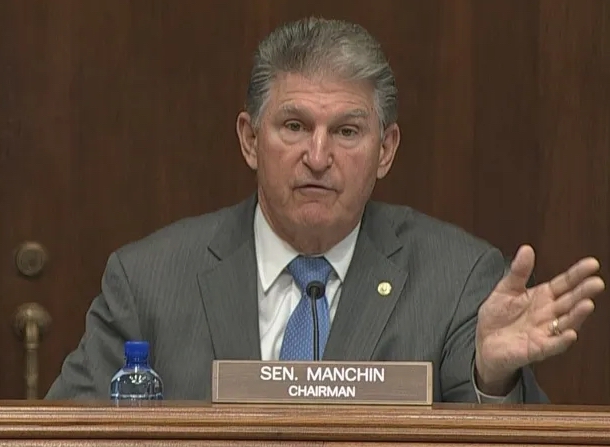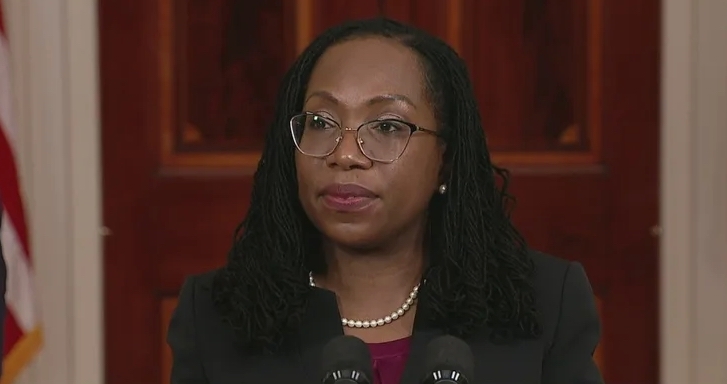Editors at National Review Online explain why their reaction to the apparent leak of a U.S. Supreme Court opinion related to abortion law “mixes joy with indignation.”
[T]he draft opinion reflects a welcome repudiation of Roe, a debacle that barely pretended to grapple with the Constitution in purporting to discover within it a fundamental right to terminate the life of unborn children. It would also scrap Planned Parenthood v. Casey, which struggled to retain Roe’s bottom-line ruling while overhauling its embarrassingly infirm underpinnings. …
… Our outrage stems from the apparent leak of an opinion.
The legitimacy of the Supreme Court’s vital constitutional duty to pronounce authoritatively what the law is in cases where it is called to do so hinges on the integrity of its process. The Court has thus been admirably disciplined about maintaining the secrecy of its deliberations until rulings are announced. Without that discipline, the Court’s decision-making would be subjected to intense political pressure — the very antithesis of a system that insulates the judiciary from politics so that cases can be decided pursuant to law, without fear or favor. The Court’s vital constitutional role, vindicating a rule of law not men, would be destroyed. Worse, the leak could inspire violence against the Court or the justices.
Either would be intolerable.
If the leaked opinion truly reflects the majority decision, that decision — as refined to this point — should be issued immediately as such. Publication would avoid the scandalous appearance that the Court’s rulings could be swayed by leaks and political pressure. Justices who plan to dissent could still do so at their leisure.
In the meantime, Congress and the executive branch should stand ready to use their resources to do what the Court is institutionally incapable of doing: conduct full-blown investigations to identify and hold any leakers accountable.


